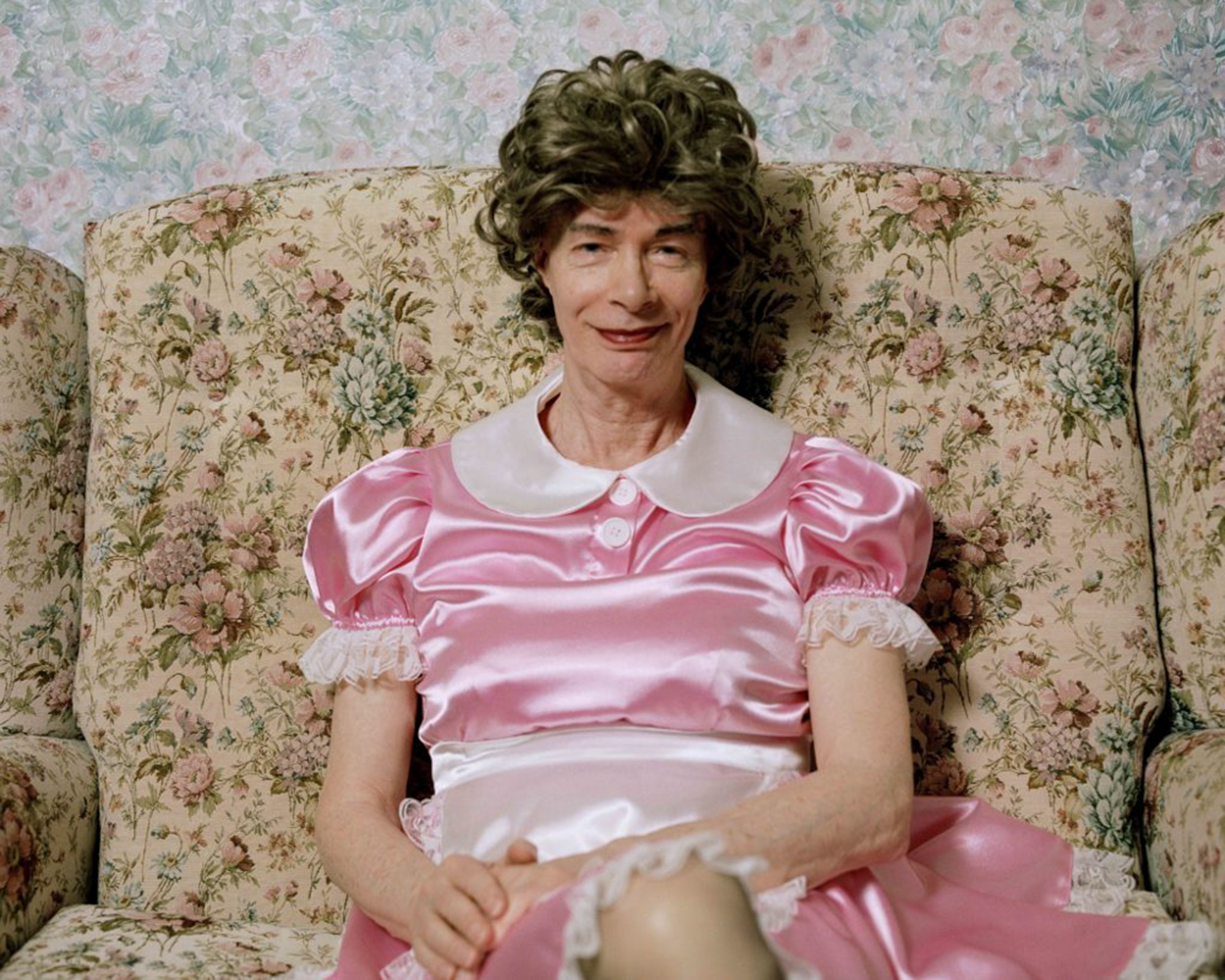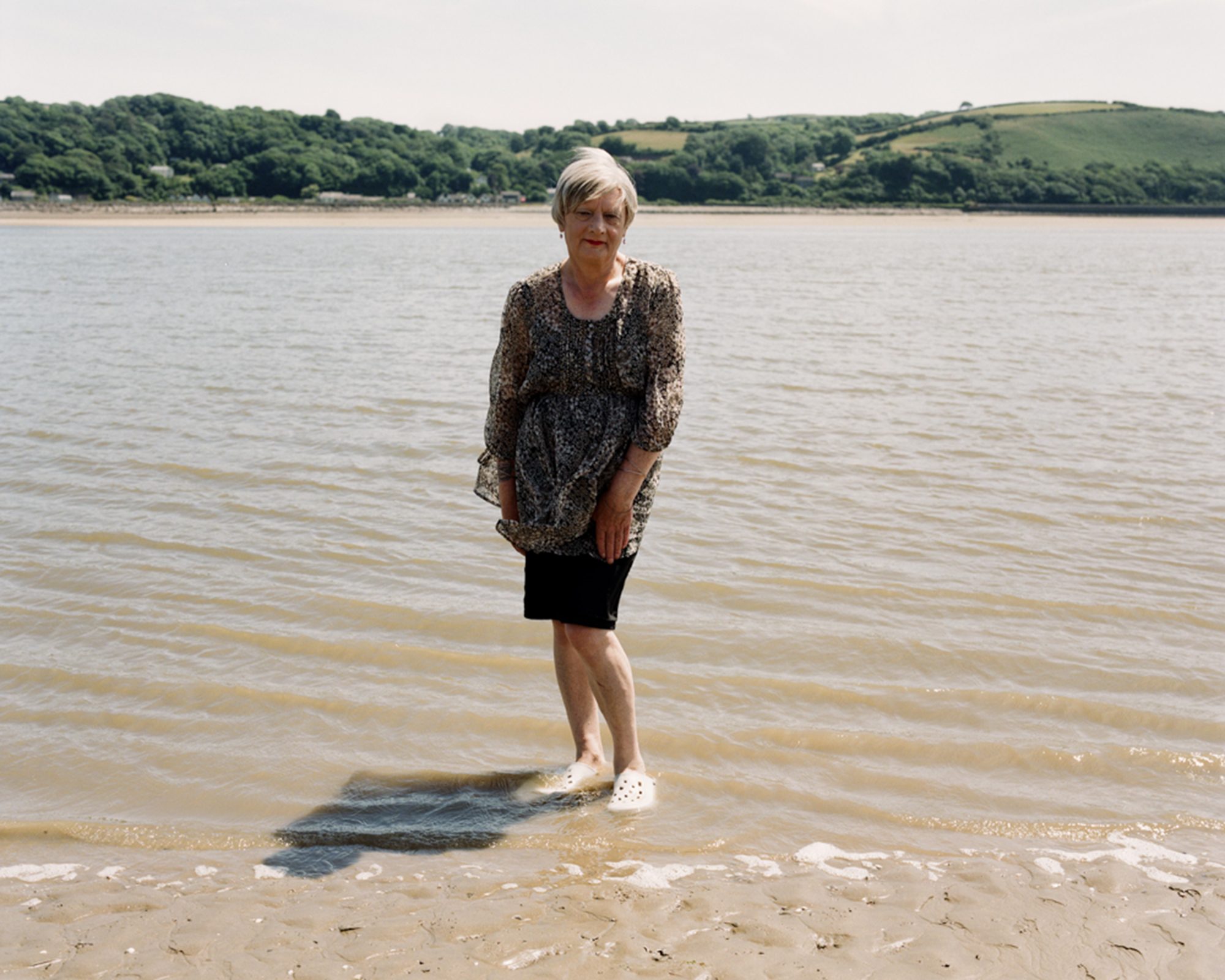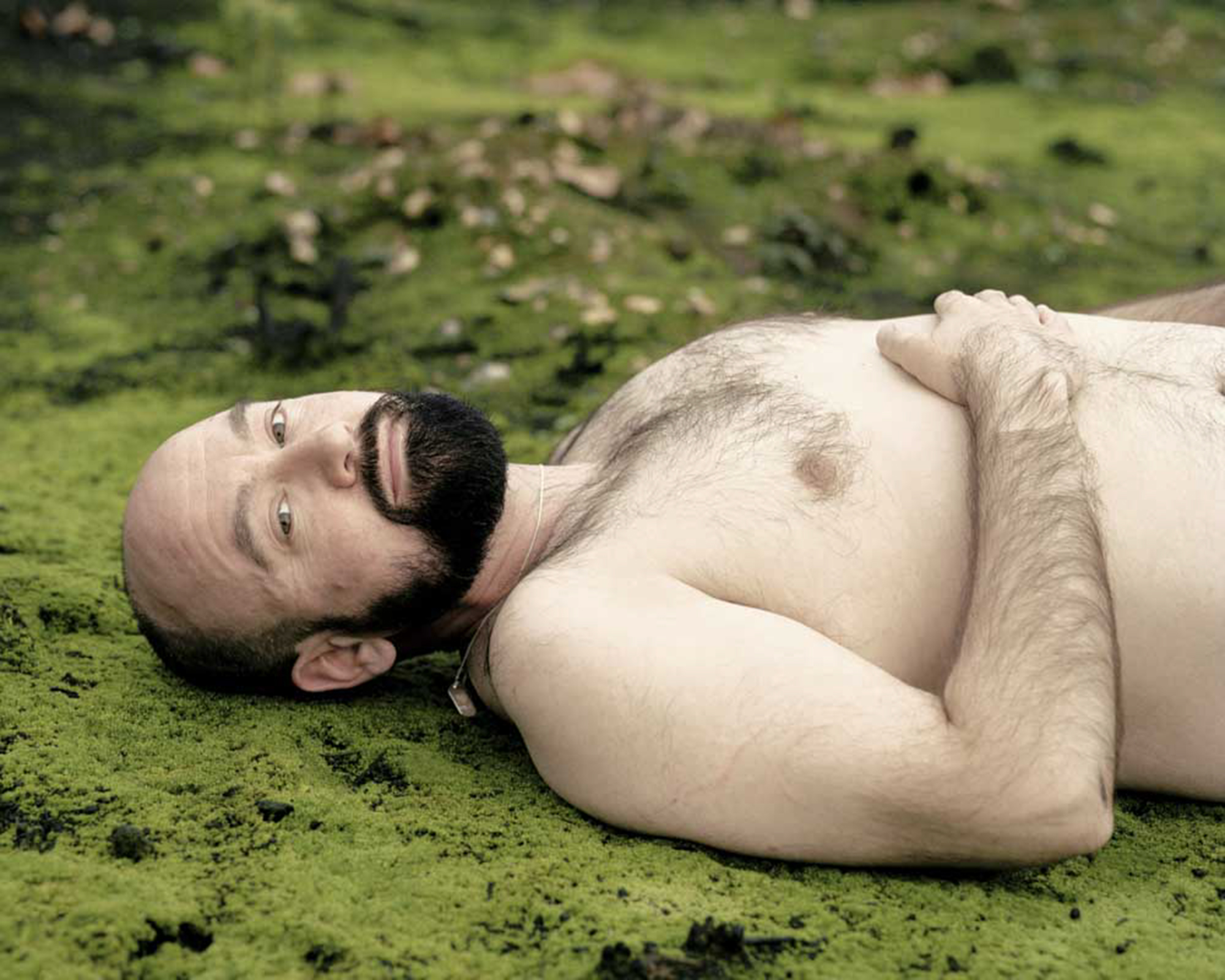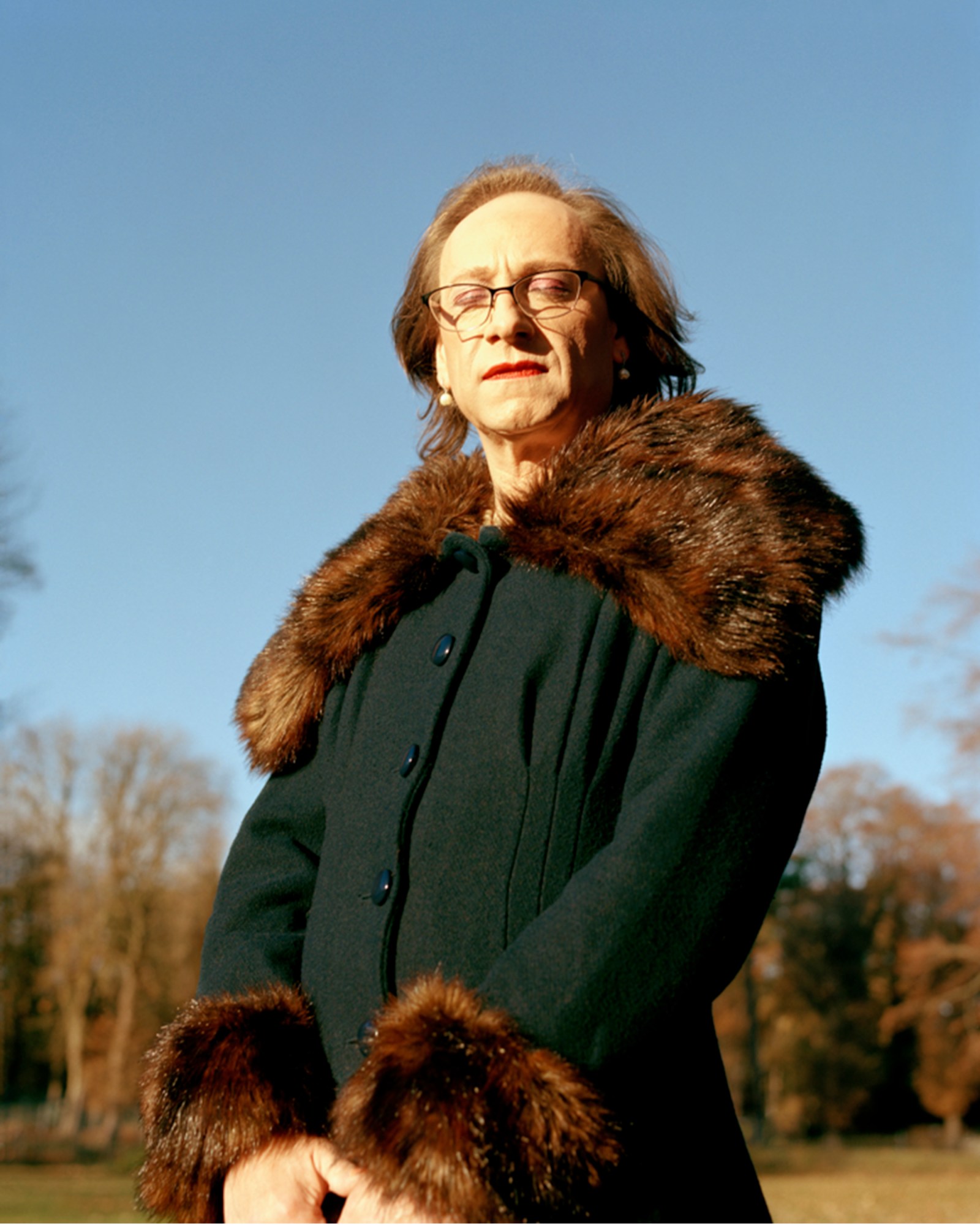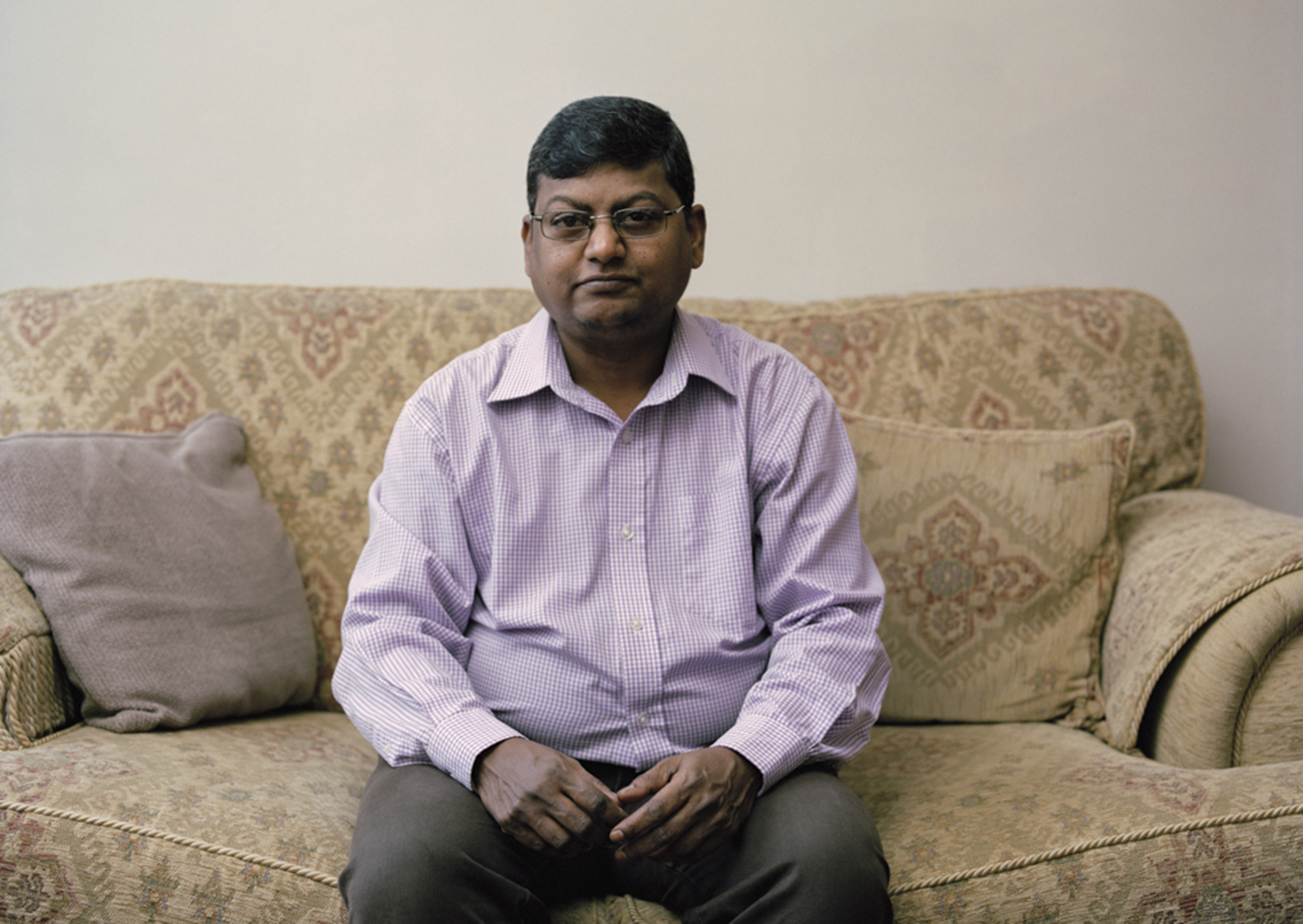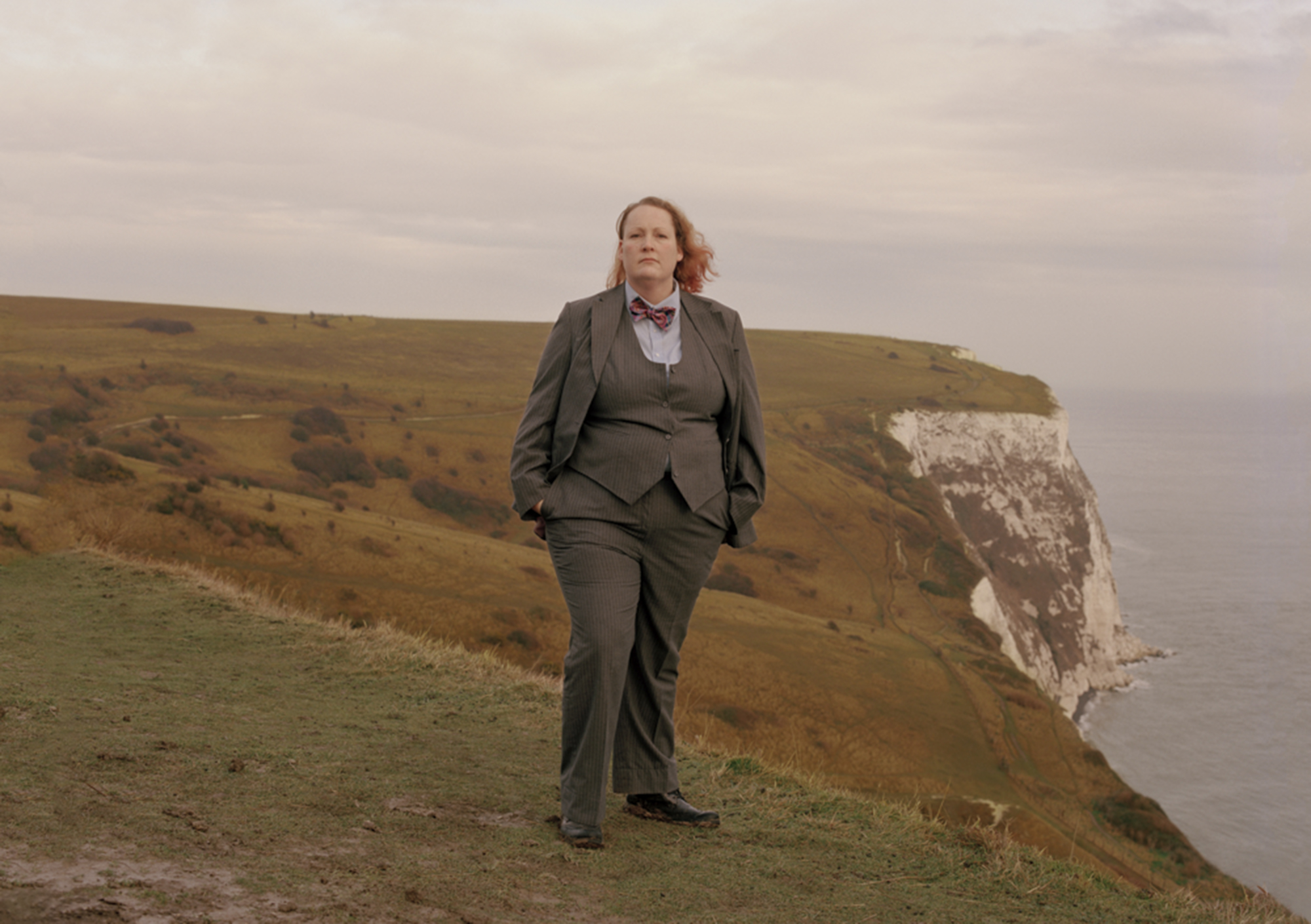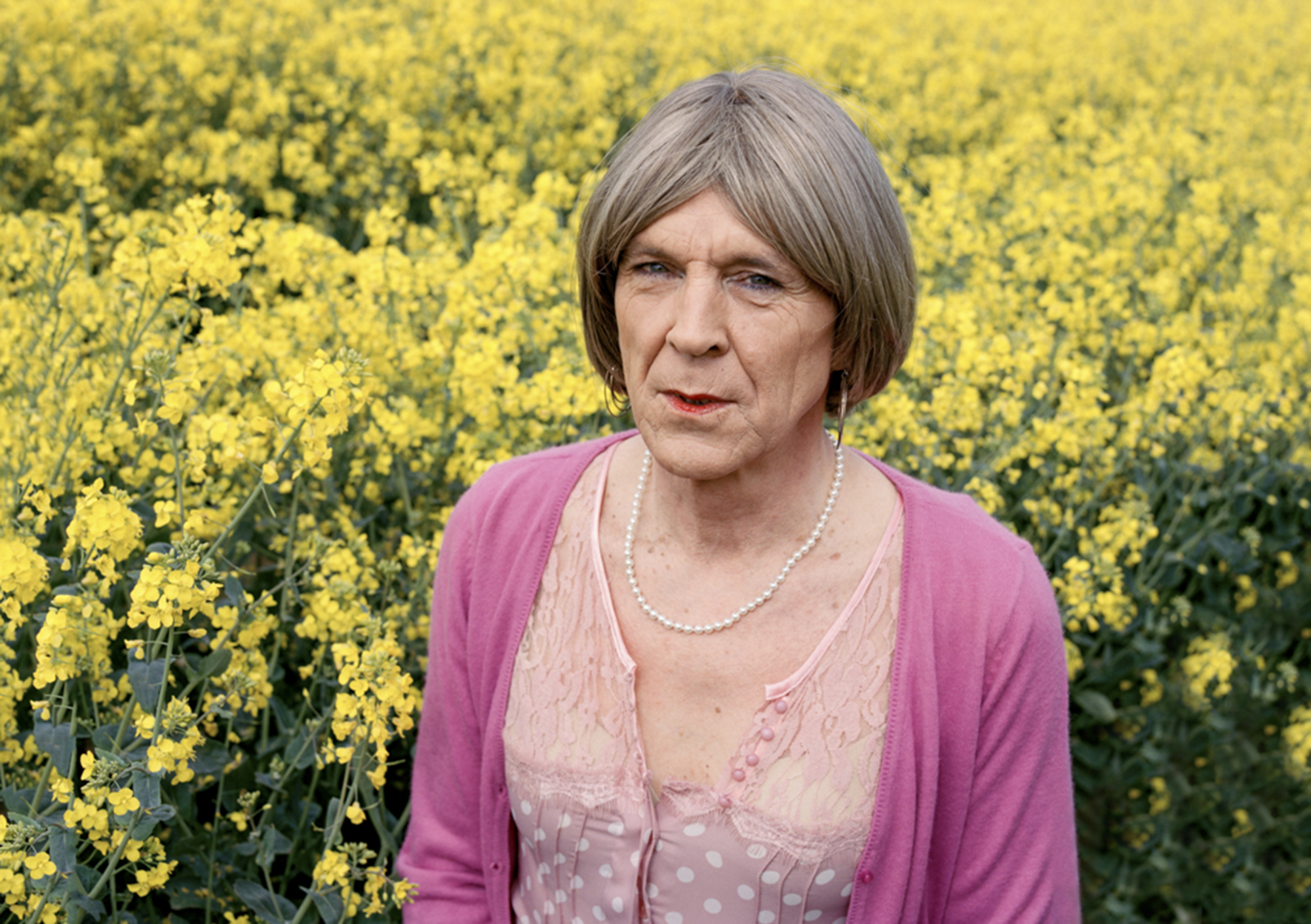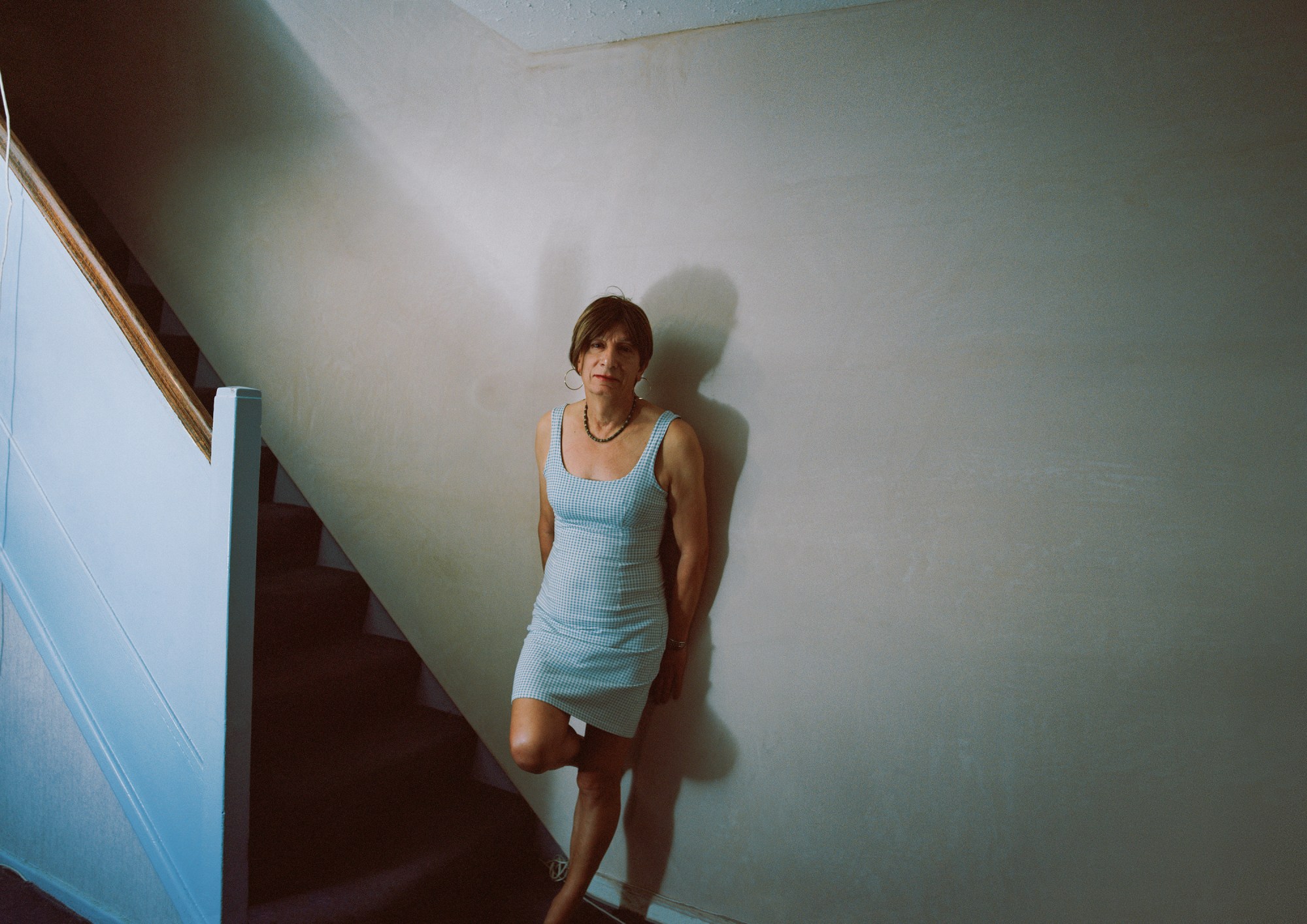Photographer Bex Day wants the lasting impression of her new show, Hen, to be a complete “detachment from judgement”. The exhibition, with an accompanying film and zine, is a photographic, anthropological study of gender; taking its name from the Swedish gender-neutral personal pronoun, the closest equivalent being ‘they’ in English. Working on it for the last five years, Bex has developed relationships with elderly trans and non-binary-identifying individuals, photographing over 40 subjects all over the age of 40.
“I noticed there were far more youth-focused news stories about transgender individuals and a lack of older transgender people in the media, and I wanted to give them a voice and a legacy,” she explains, a few days before the show opens to the public. “There is nowhere near enough recognition of their stories and past, [so having more representation] will in turn, I think, help to benefit the younger transgender community and hopefully provide a safe space for them to interact.”
The UK is currently in the midst of unnerving debate around LGBTQ inclusivity and equality. Sparked by the decision of a Birmingham school to reverse their policy on the teaching of gay relationships in lessons after an outcry from some parents, the question “Should LGBTQ lessons be taught in schools?” is now appearing with galling repetition across British media outlets. It’s an attempt to seem partisan, that actually turns the clock back to 2003 — the year Section 28 was finally repealed. Of the LGBTQ spectrum, trans rights and matters of the gender binary are rarely handled respectfully, with transphobic rhetoric constantly platformed at the highest level of our national media and political institutions, transgender individuals are often forced to defend their identity against bigoted political pundits on TV.
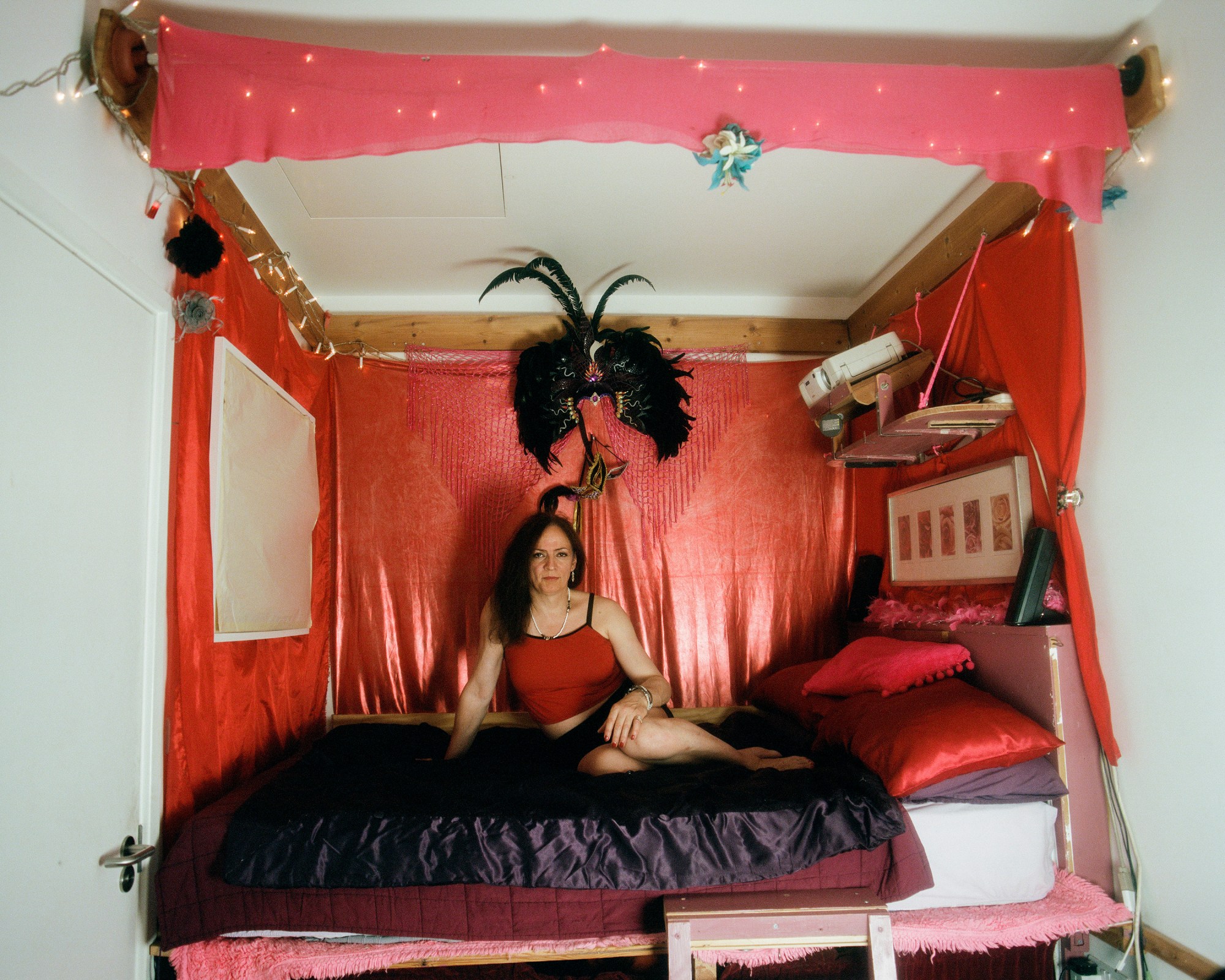
“There was not (and still isn’t) enough visibility of the older transgender community in the media,” Bex says. “I could see that everyone involved had fascinating stories to tell, particularly educators such as Stephen Whittle (OBE), who co-founded the trans-activist group Press for Change.” The resulting show is a poignant story of a generation who grew up with even less acceptance and support, yet made powerful, meaningful change to Britain. “I’ve heard from a great deal of participants in Hen that they rarely interact with younger transgender individuals, and it’s a real shame because I think that is important in terms of expansion of knowledge of the transgender community and enhancing education in terms of intergenerational feedback.”
“Binary language, and gender binarism really intrigue me. I grew up with few gender stereotypes in my childhood, often people thought I was a boy and my brother a girl,” Bex finishes with. “This black-and-white thinking that dominates so much of society as a whole forces narrow mindedness upon many individuals and is something I really wanted to eliminate through this project.”
‘Hen’ by Bex Day is showing at Herrick Gallery, London from 1 April – 7 April 2019
